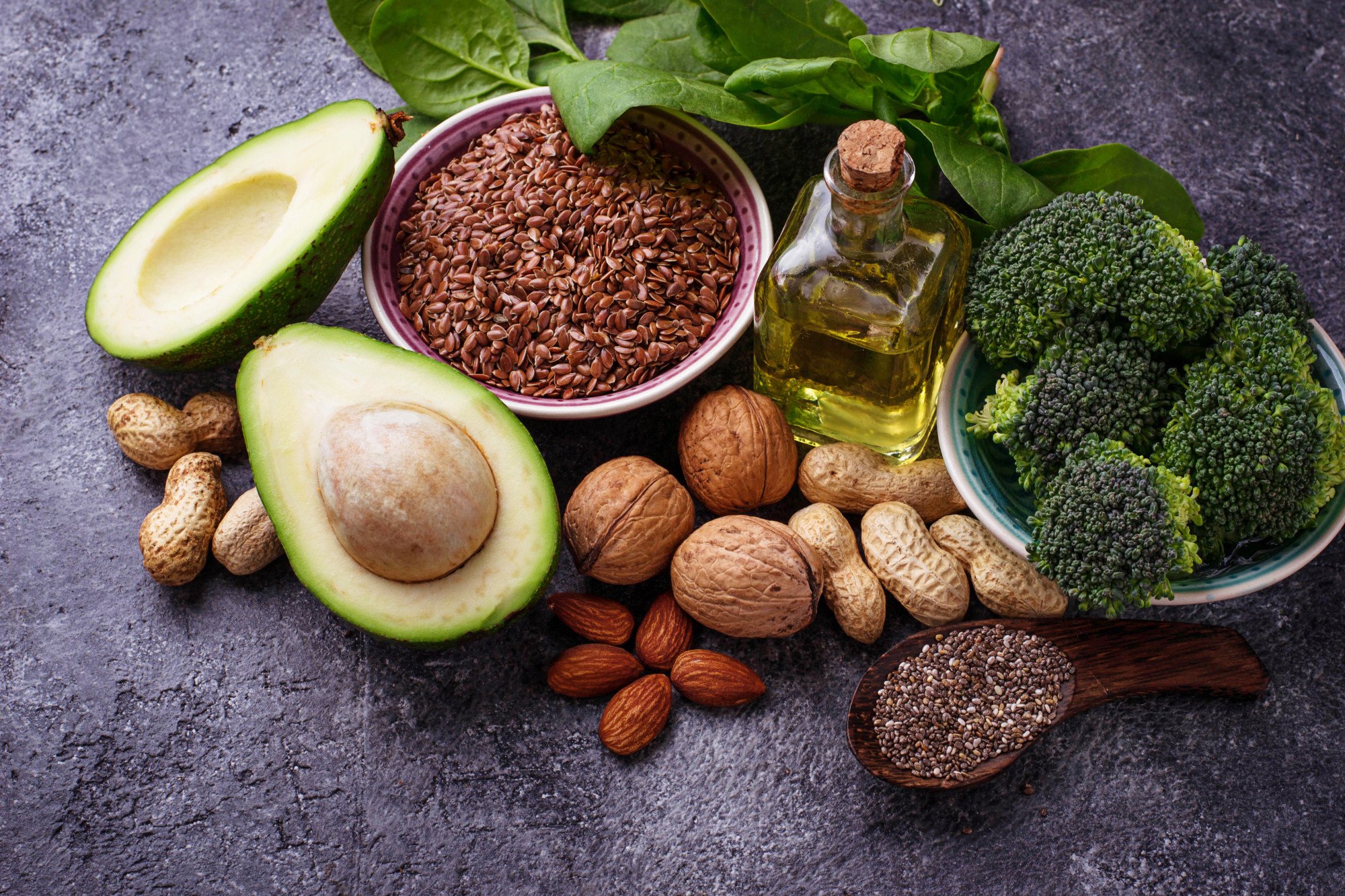
How a good diet can help with menopause transition symptoms: eat healthy carbs and fats, and cut out alcohol, sugar and processed foods, expert explains
- During perimenopause, the period leading up to menopause, many women suffer from depression, mood swings, high blood pressure, increased inflammation and more
- A nutritional therapist reveals why certain foods reduce and exacerbate these symptoms, and gives advice on what to avoid and what to eat more of
Menopause refers to the end of menstrual cycles, and the period leading up to this, called perimenopause, can be a difficult time for women. It typically takes place between the ages of 40 and 50 and is accompanied by a host of changes that can affect a woman’s body and mental health.
“Perimenopause can be viewed as akin to the second half of the menstrual cycle, when hormonal fluctuations and imbalances are more pronounced,” says Katia Demekhina, a nutritional therapist and female hormone health specialist at Omni Vitality in Hong Kong.
During this stage, levels of the hormones oestrogen and progesterone fluctuate widely. “This is when women are most prone to common premenstrual symptoms such as mood swings, anxiety, irritability and depression,” Demekhina says.
After this stage comes menopause, with an end to menstruation and a steady decline in hormone levels.

The hormonal system responsible for handling stress is also affected during perimenopause, Demekhina says.

Eating good fat and avoiding bad fat is critical for a smooth journey through perimenopause
What women eat and drink during perimenopause can have a big impact on their overall health and the way they feel.
“Caffeine is a stimulant that can trigger anxiety or irritability in some women, worsening mood-related symptoms. And both caffeine and alcohol may interfere with sleep, which can further contribute to mood-related symptoms. However, inadequate nutrition or unhealthy eating habits play an even more prominent role.”

This is why blood sugar management is important for a smooth perimenopausal transition.
Menopause, hormones and HRT: everything you need to know
“Make it a point to eat the right kind of fat and to avoid processed oils,” she says.
“Fat is both a ‘starting molecule’ to make sex hormones, and critical for the health of hormone receptors on our cells. These receptors receive hormone signals, allowing them to enter the cell, and bad fats can block them.”

If a hormone can’t move into the cell because of a blocked receptor site, menopausal symptoms can become exacerbated, Demekhina says. Vegetable oils like sunflower oil, margarine and hydrogenated oils are some examples of fats to avoid.
She adds that a healthy diet is so much more than macronutrients, and that phytoestrogens may also be useful for those going through perimenopause. These are naturally occurring, plant-based chemicals that can either replicate or counteract the effects of oestrogen.

Phytoestrogens are helpful for all women, but especially those experiencing perimenopause.

